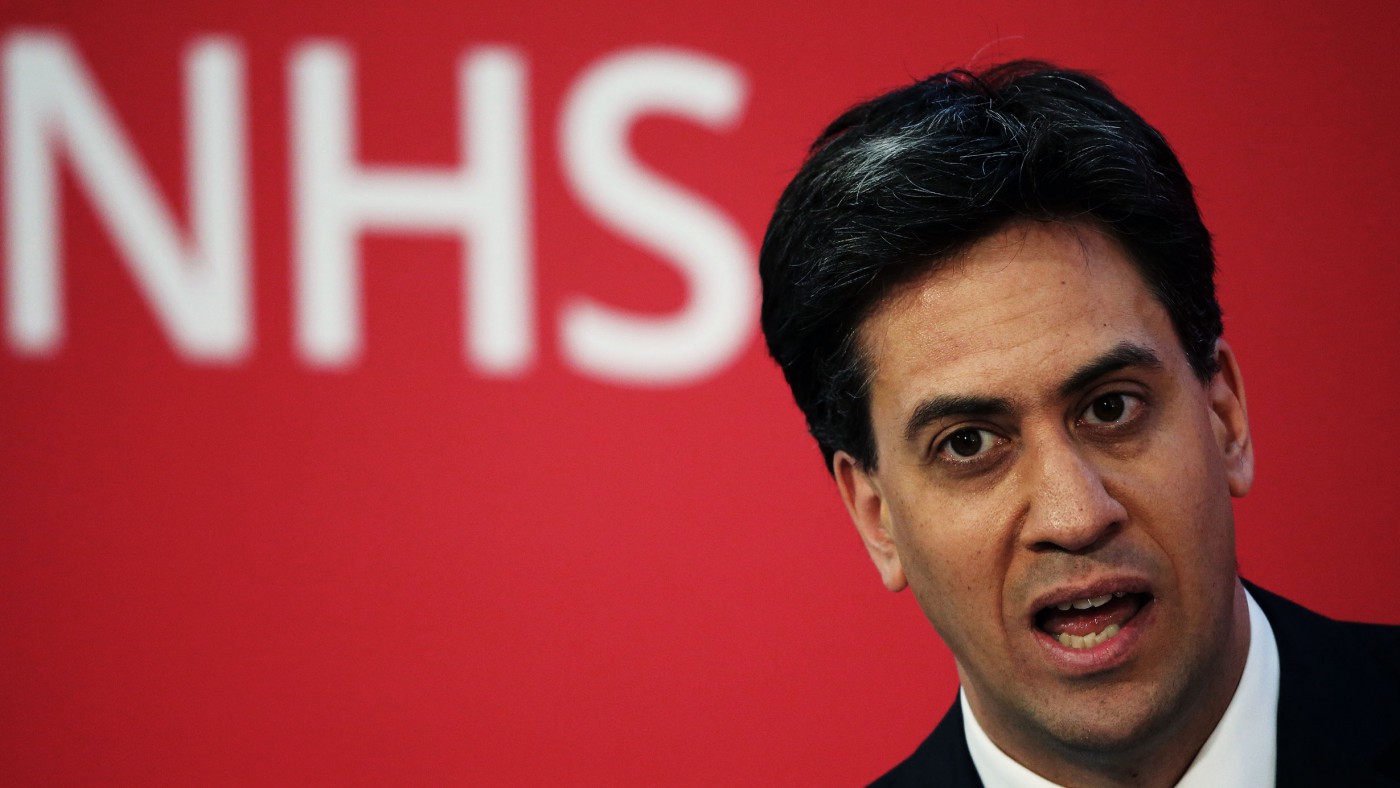This is the weekly newsletter from Iain Martin, editor of CapX. To receive it by email every Friday, along with a short daily email of our top five stories, please subscribe here.
Only six days remain, thank goodness, in the longest British election campaign in history. This time next week the voters from London to Lerwick, from Bristol to Banff, will have decided. But what exactly?
Going into the final stretch, the Tories and David Cameron finally seem to have got some proper momentum going. It is also dawning on Labour that a near wipeout of the party in Scotland – where polls have the Scottish National Party on track to win every one of the 59 seats – makes Ed Miliband’s task on election day extremely difficult.
Even worse for Labour, the Tories have found in focus groups in England that many voters hate – really hate – the idea of England being governed by a minority Labour government propped up, tortured on a daily basis more like, by rampaging Scottish Nationalists.
Whatever the outcome, the UK general election has certainly exposed just how much trouble capitalism, markets and fiscal responsibility are in here. The cry from the various opposition parties is of an end to austerity when the UK government borrowed £87.3bn in the last financial year and the national debt stands at more than £1.5trn. Despite this, the parties (including the Tories) have proposed all manner of schemes for spending even more money.
In this madhouse of an election, the P-word (profit) has barely been heard and when it has been employed it has, as is customary these days, been used to suggest that an opponent has evil intentions. Often it is combined with the other P-word, “privatisation” to indicate maximum malice of intent. Boo, hiss.
Profit is particularly unwelcome in healthcare, shout the parties, and most of the electorate nods, because all the parties tell British voters a version of what they want to hear without ever explaining that a State-owned organisation as big as Britain’s National Health Service cannot possibly improve productivity and make scarce resources go further if the profit motive – which drives improvement in other areas of life – is deemed to be the enemy. Try and imagine how well the food industry would work, or booking a holiday, or buying a car, if those goods and services were also produced by a giant government monopoly. The experience of countries that have tried this has been far from satisfactory…
Is it really surprising that the climate is now anti-market, if for a decade and more too few of those who believe in markets and competition have made the case from first principles? Like water dripping on stone, the combined impact of the Left demonising profit, leading Tories thinking it safer to avoid difficult truths, and some capitalists behaving appallingly, has turned out to be extremely corrosive.
I suspect the post-crisis bailout of the banks has also had a much bigger impact on both sides of the Atlantic than seemed to be the case at the time, in that it has, in the eyes of statists, legitimised massive government intervention and conditioned many voters to expect government to always do more.
There is also good news in Britain, however. The so-called “jobs miracle” has been driven by the growth of self-employment and Britons starting businesses. As many as 40% of the new jobs created in the last four years have been self-employed and the country has a head start in Europe as patterns of work continue to change rapidly. Technology is cutting start-up costs dramatically and in the UK an entrepreneurial revolution is underway.
It does seem odd then that the Conservatives should have failed to make the right connections for voters, and neglected to explain over a sustained period that this is where innovation and growth comes from and that too much government and tax impedes wealth creation. Their failure demonstrates that whichever party wins the election next week, pro-market types are going to have to think seriously about how to begin trying to shift public attitudes in the UK and beyond.
If at CapX we have seemed a little Brit-focused of late, please forgive us. This election is one of the most hard-fought and important in Britain for decades, and we’ll be bringing the same level of scrutiny to bear on elections in other countries, especially in the US in 2016 as we expand CapX.
Despite the concentration on the British election, we have also continued to highlight great thinking and commentary from around the world. Below are five of our most read pieces this week.
Iain Martin is Editor of CapX


